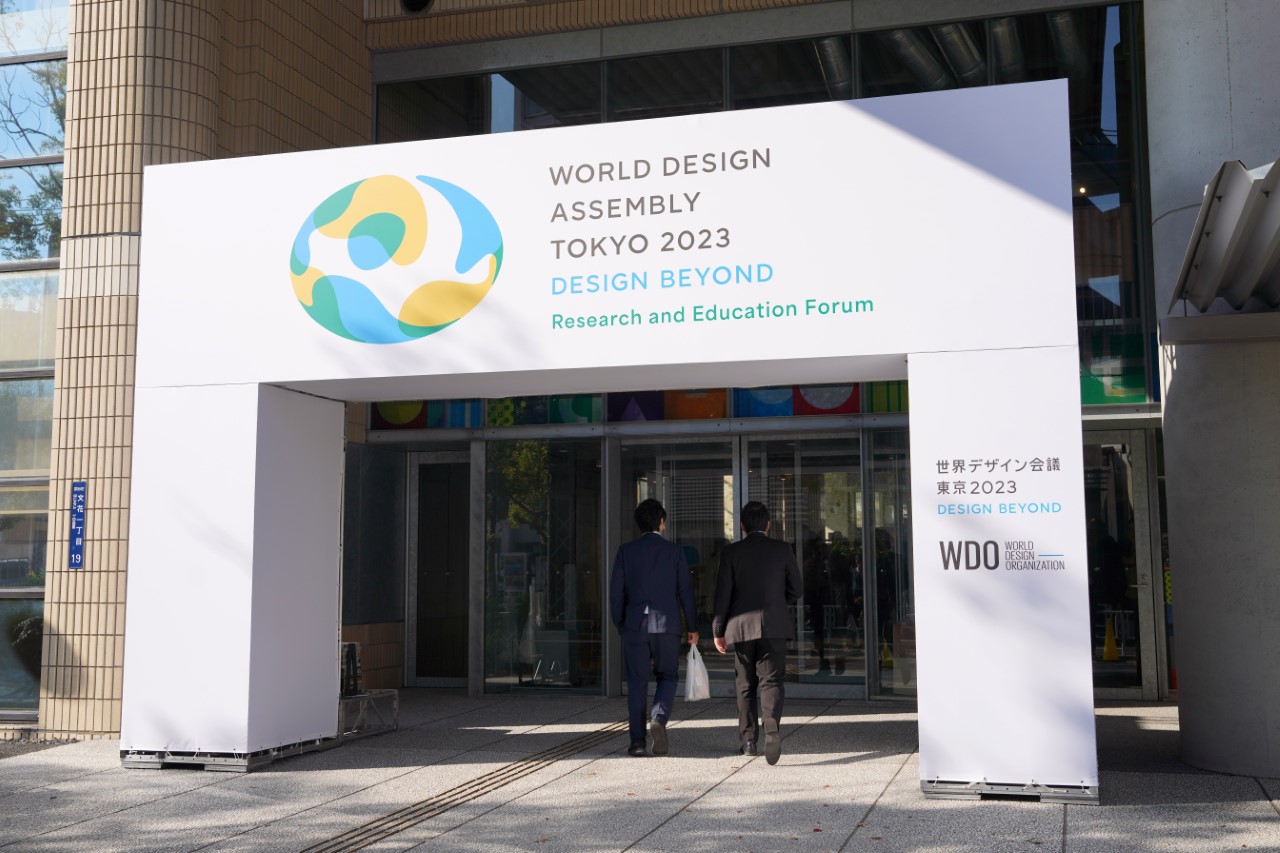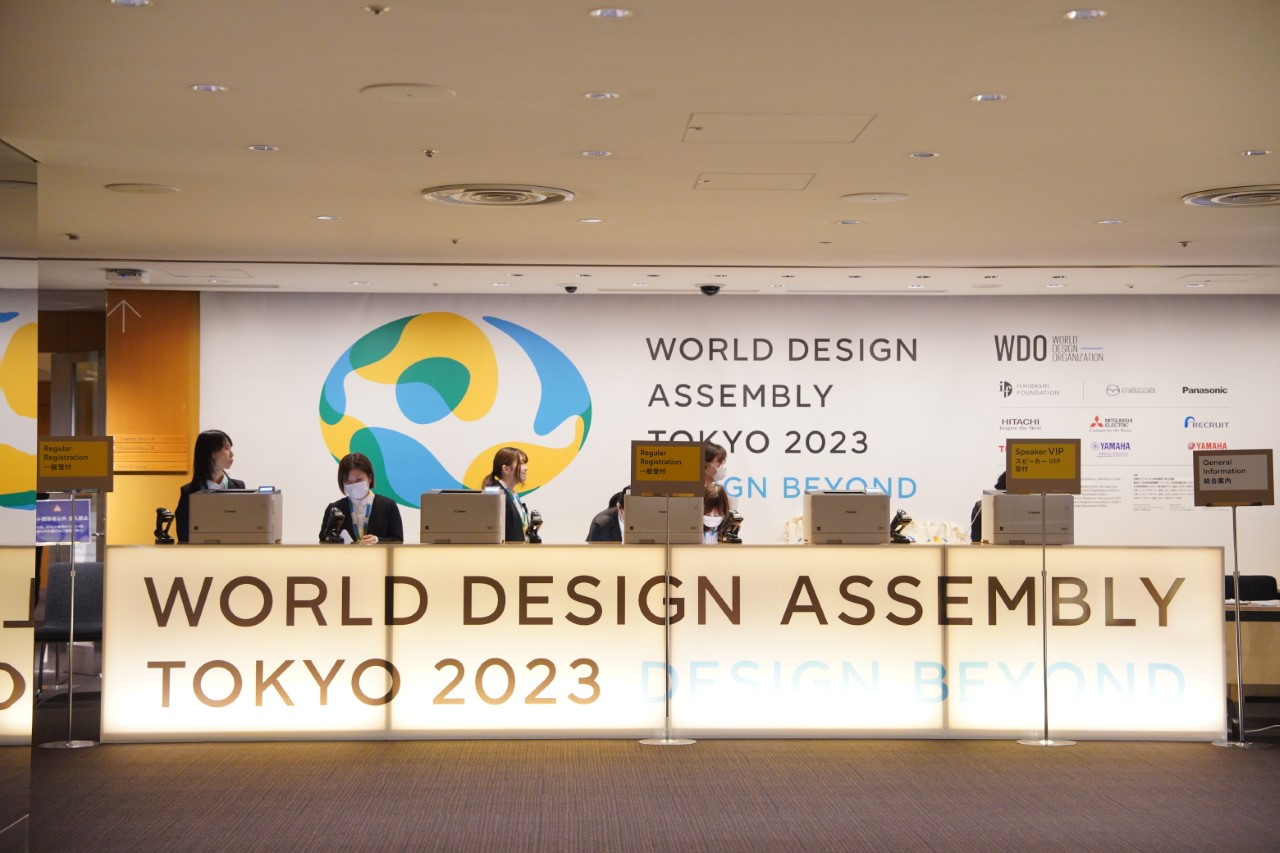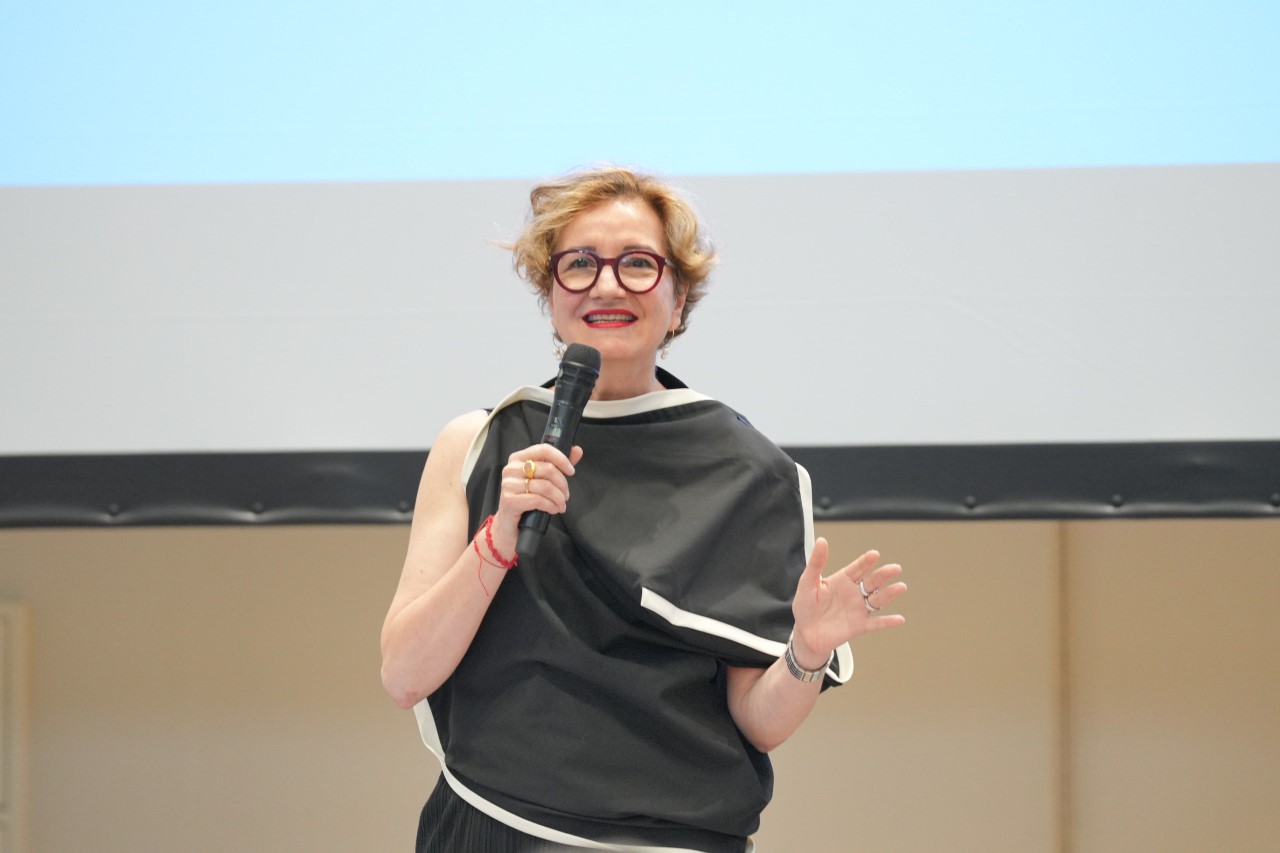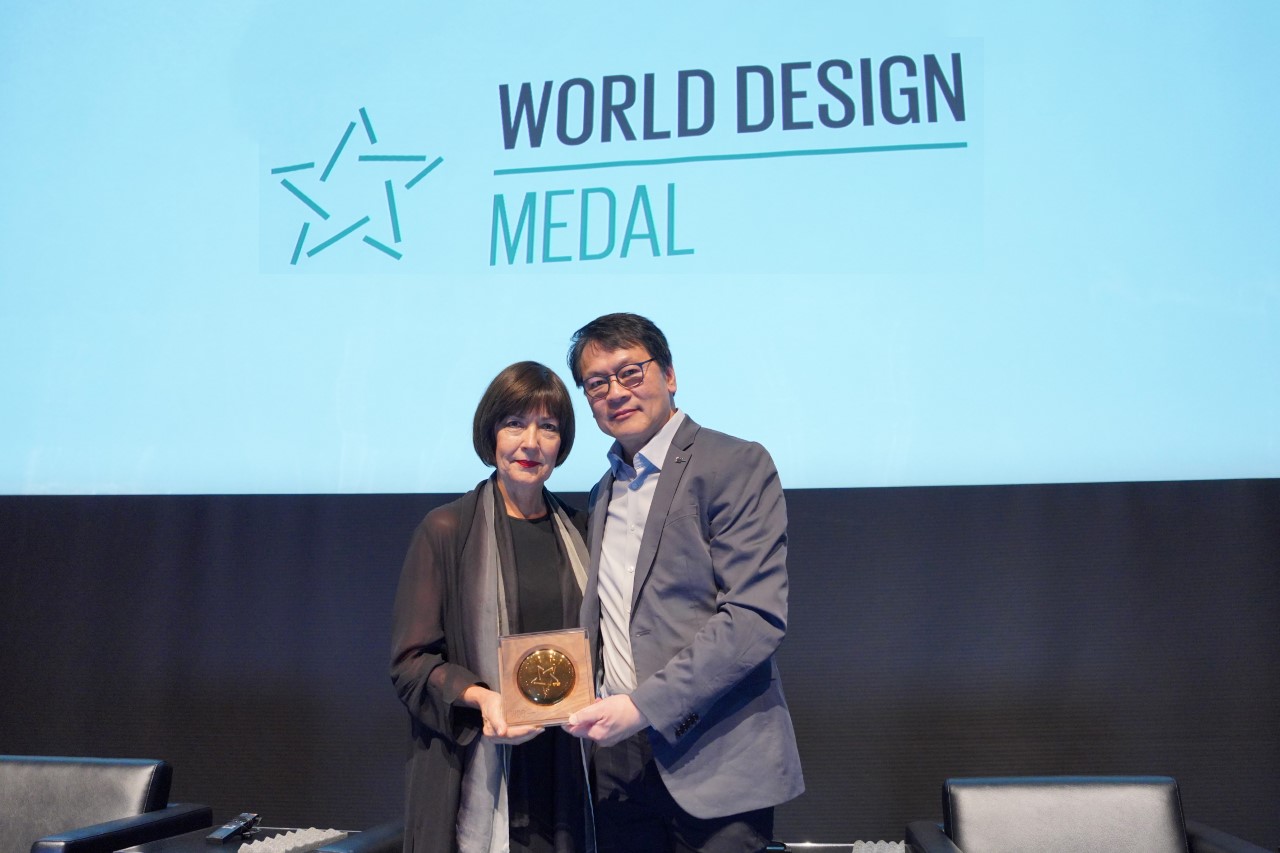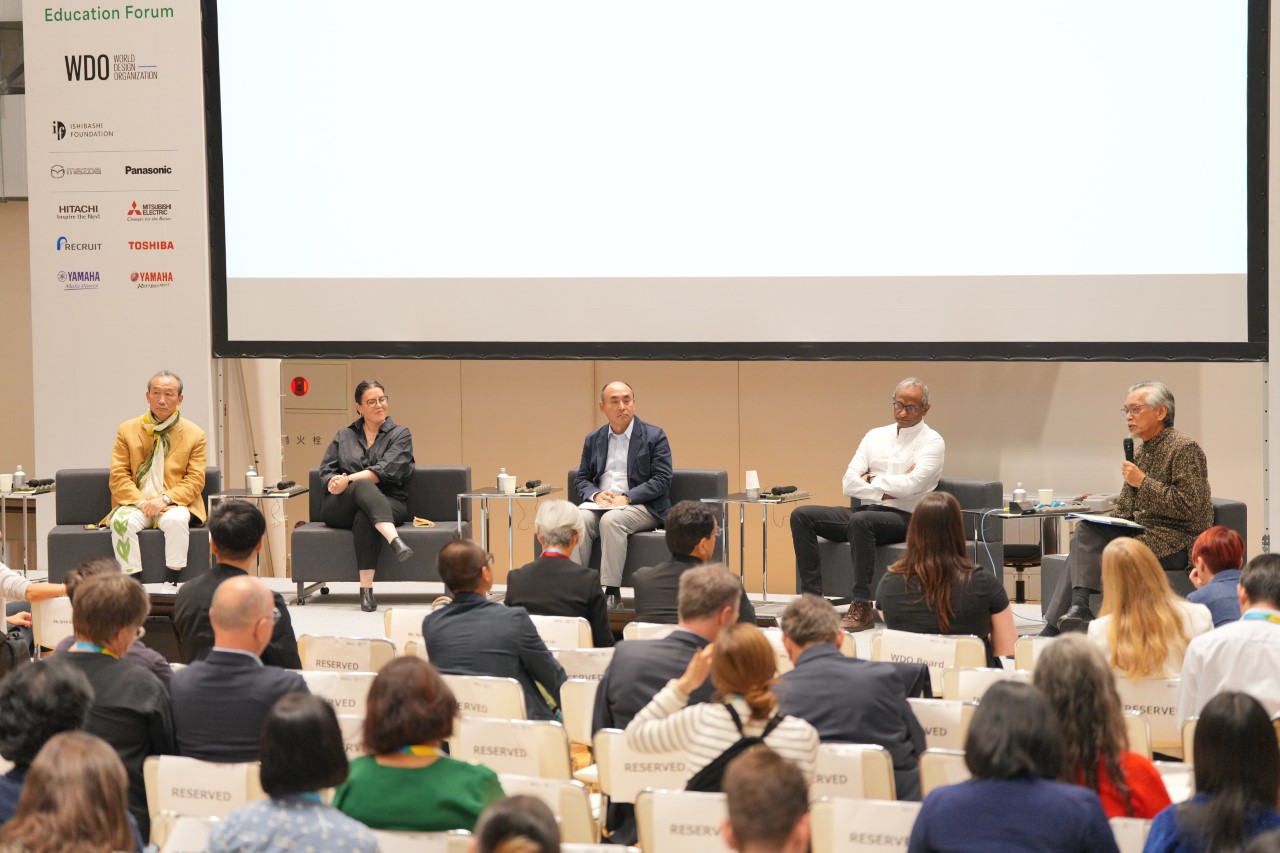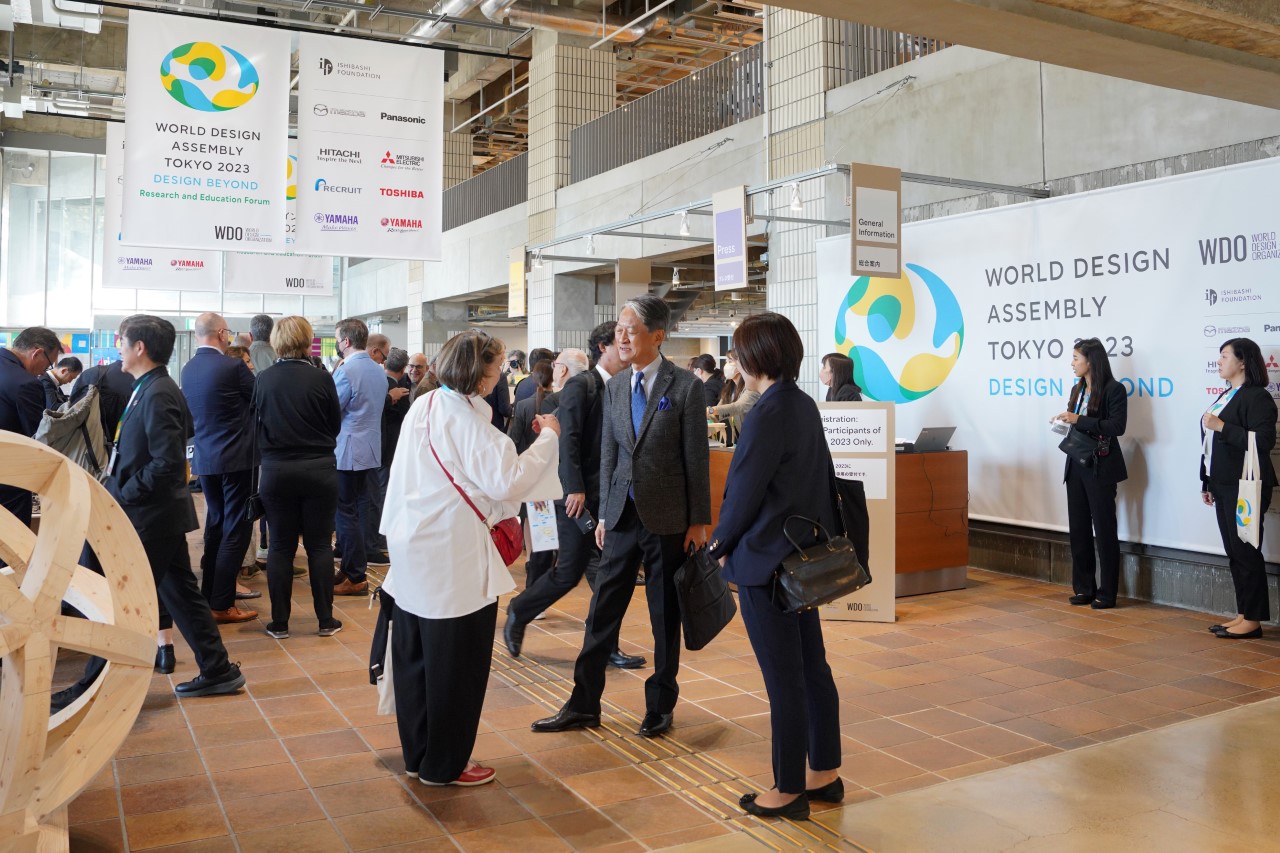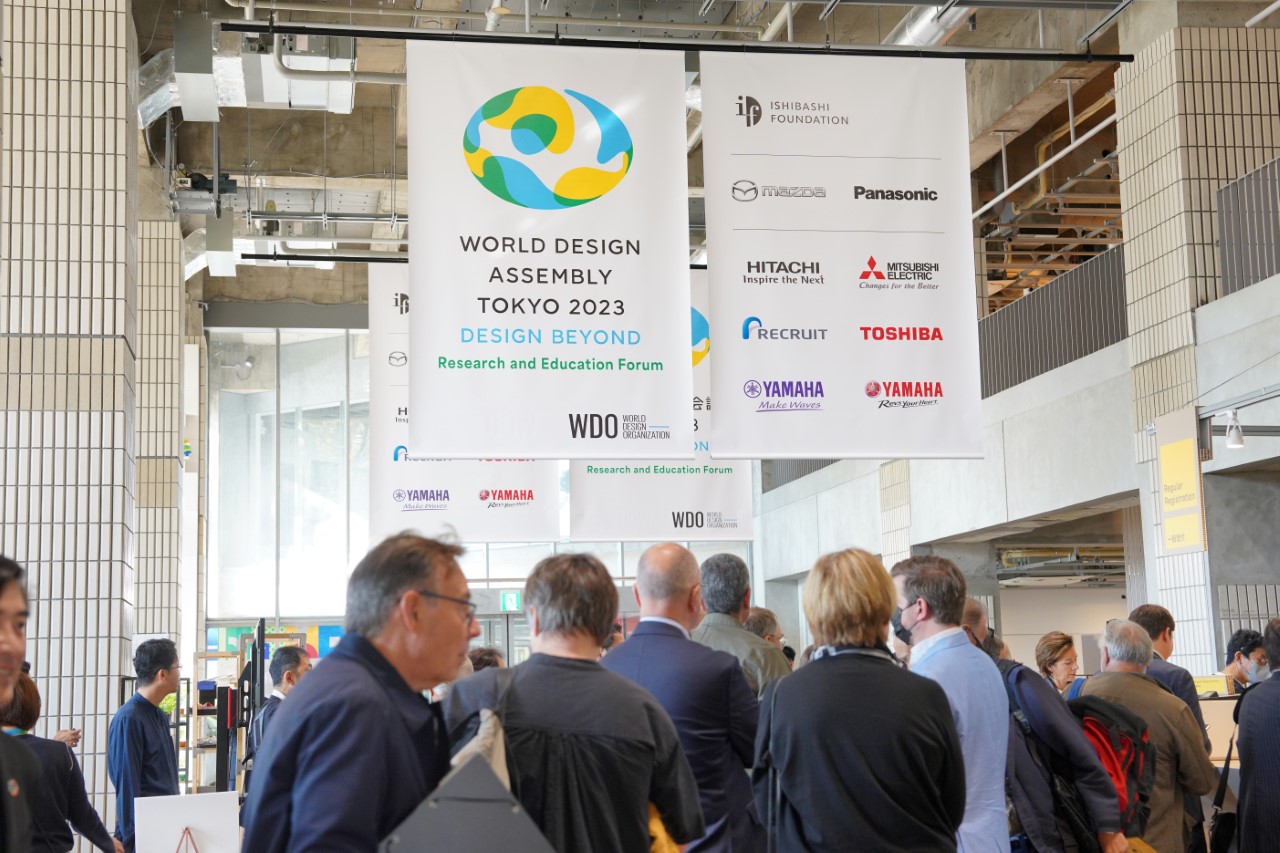Every two years, the World Design Organization (WDO), an international powerhouse committed to “Design for a better world,” convenes the WDO World Design Assembly. This year, Tokyo took the spotlight as the host for the WDO Assembly, marking it the third time Japan has had the honor of hosting this prestigious gathering, following a 34-year wait since the event was held in Nagoya in 1989. The three-day event was held between October 27th and 29th (Friday-Sunday) at the Chiba University Design Research Institute, and the Roppongi Academy Hills in Tokyo.
In a world still grappling with the effects of the COVID pandemic, this assembly aims to engage the global design community in discussions that transcend boundaries. WDO seeks to reaffirm design’s role as a catalyst for a more humane way of life, moving beyond its traditional identity as a driver of innovation and economic growth. Under the theme of “Design Beyond,” the assembly hosted multiple discussions ranging from perceptions of the new individual to environmental issues, digital transformation, policy, etc.
Visit the World Design Assembly 2023 Website to Learn More
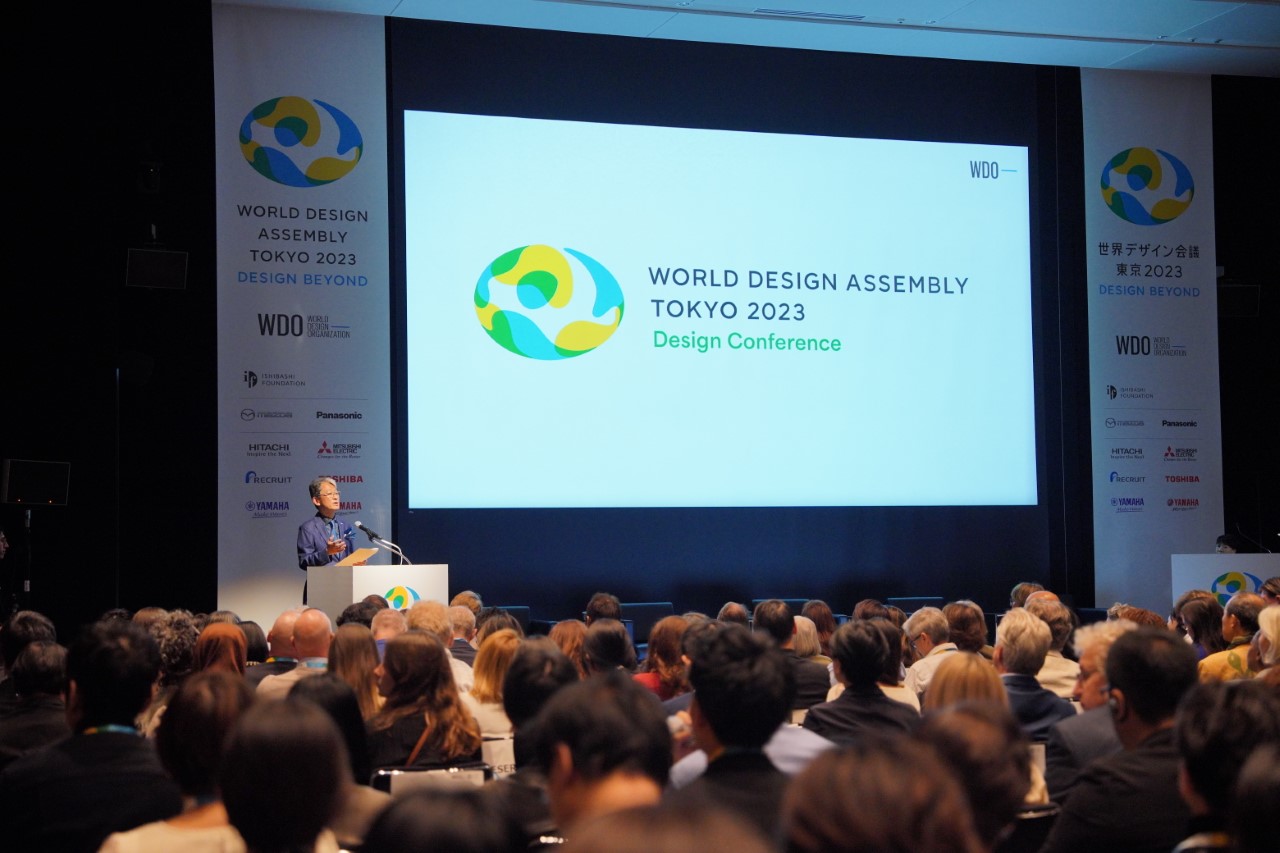
Kazuo Tanaka (WDO World Design Assembly Tokyo 2023 Executive Committee Chairperson) addressing the guests.
The World Design Assembly commenced on Friday, October 27, with a vibrant forum featuring a panel discussion, paper presentations, and a poster exhibition. The WDA also awarded the World Design Medal to Dr. Patricia A. Moore for her overwhelming contribution to the design field. The event saw eminent design scholars, representatives from companies and government agencies, and even students, bringing a large gamut of people across all professional spectrums under one umbrella to highlight the broad appeal and relevance of design in today’s world. The day’s event was specifically geared toward students and researchers who are interested in learning about design. It aimed to align with the themes established by WDO and provide the next generation of designers and young researchers with opportunities and perspectives to explore the future of design and discover upcoming trends.
On Saturday, October 28, global experts delved deep into the theme of “Design Beyond” and its four intriguing sub-themes: “Humanity,” “The Planet,” “Technology,” and “Policy.” These discussions, led by researchers, activists, and designers invited from Japan and abroad, explored the intricate relationship between design and pressing societal issues, as well as the potential design holds for shaping our future. The theme on Humanity discussed what it specifically meant to be a new kind of individual (i.e., autonomously decentralized, digitally networked, committed to the life of the planet, etc.) and the role design played in this context. A common topic for the past few years, The Planet (theme 2) pondered on how society can be incentivized into tangibly shifting to a circular economy, and more importantly, what would be society’s goal BEYOND a circular economy. Given the rise of AI, the theme of Technology focused on what kind of changes the impending digital transformation will bring to humanity, and specific cases cited to provide thought about what design will be capable of. The last theme, Policy, was unlike any of the other breakout sessions, in that it focused on how suggestions from the previous three themes would effectively be implemented. Discussions were had around the two perspectives of “policies for the promotion of design” and “social policies that leverage the power of design.” The crowning moment of the day was the unveiling of the WDA Declaration during the Afternoon Plenary Session. Frankfurt RheinMain (Germany) was declared the capital for the year 2026.
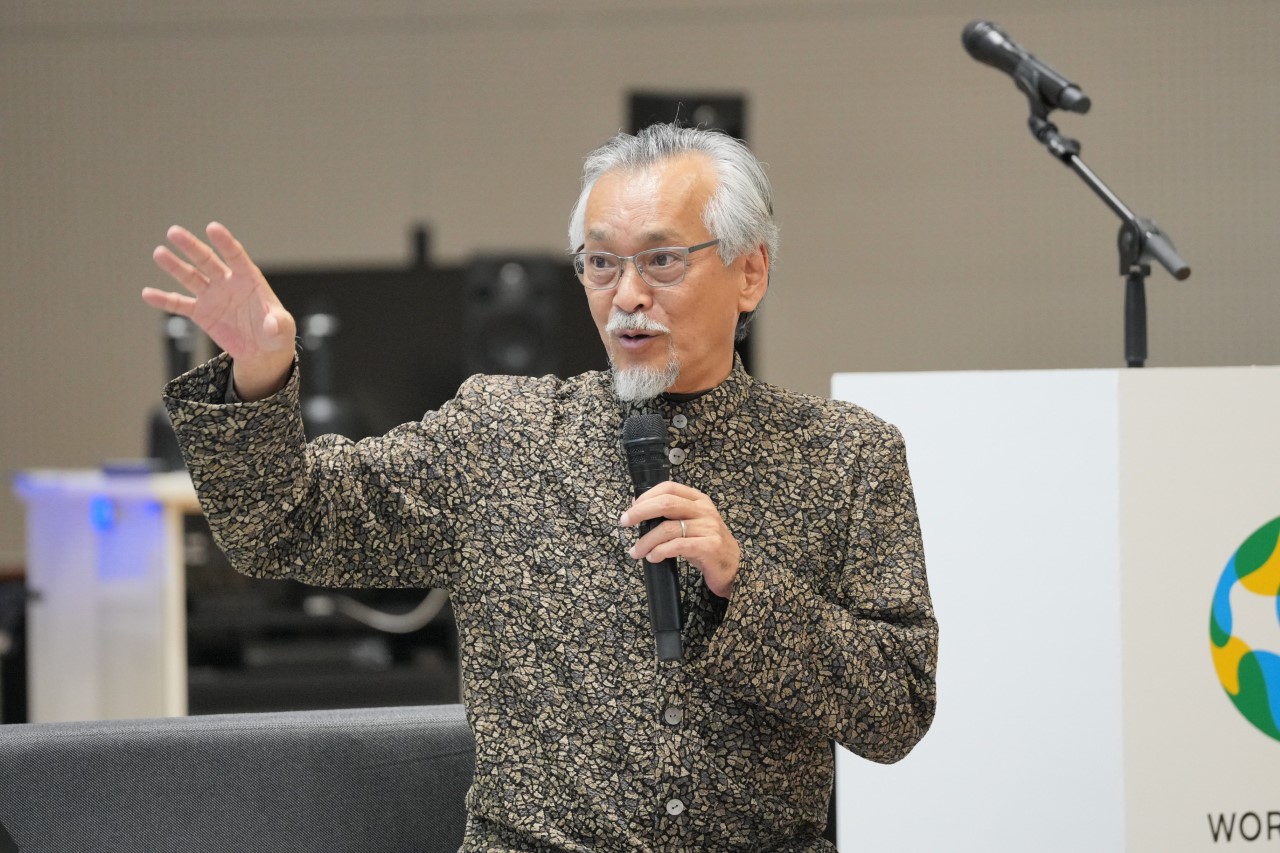
Tadanori Nagasawa (Professor, Former President of Musashino Art University) taking the stage at the Panel Discussion
Visit the World Design Assembly 2023 Website to Learn More

The WDA Exhibition

The WDA Exhibition

The WDA Exhibition

The WDA Exhibition

